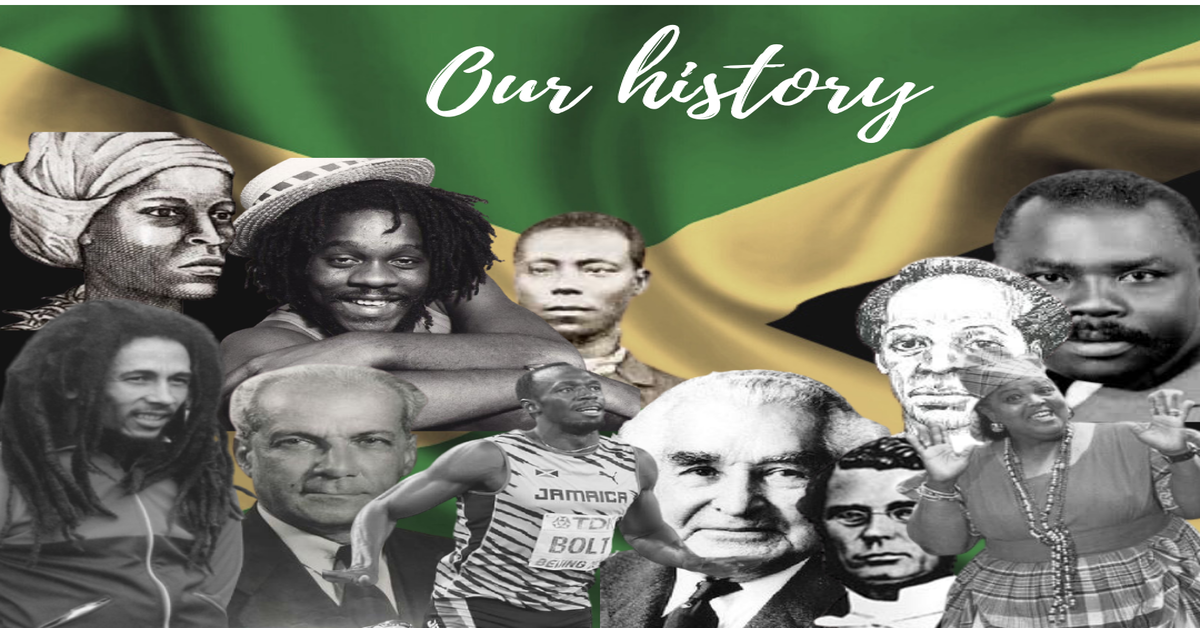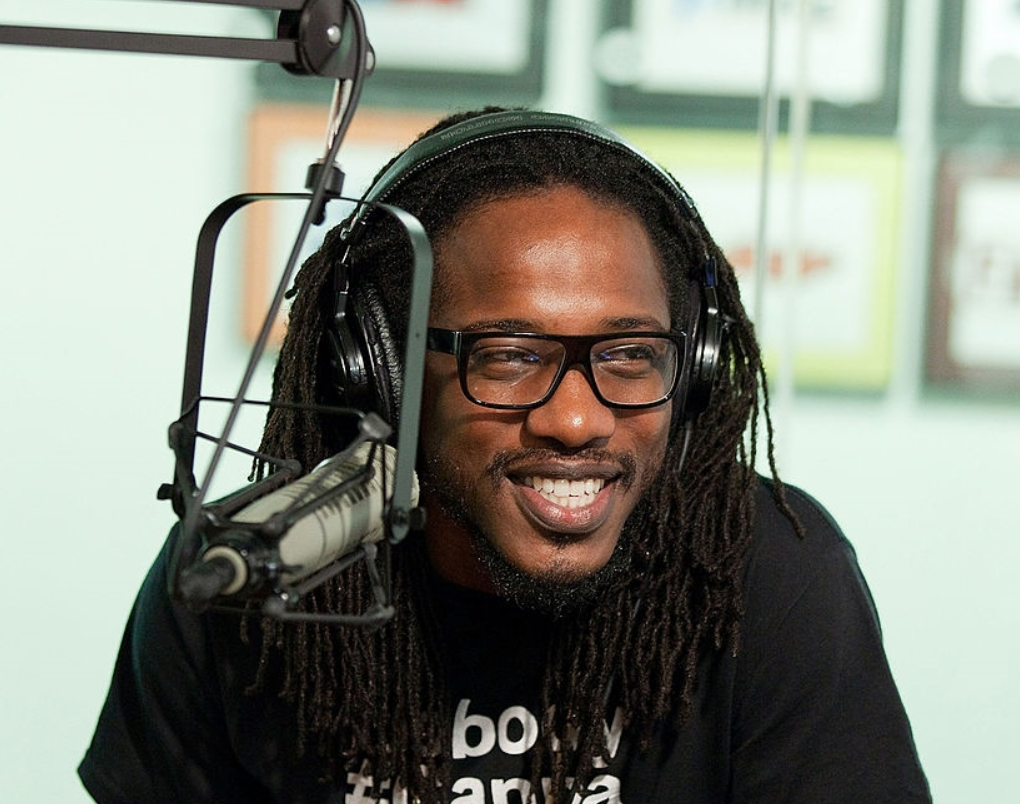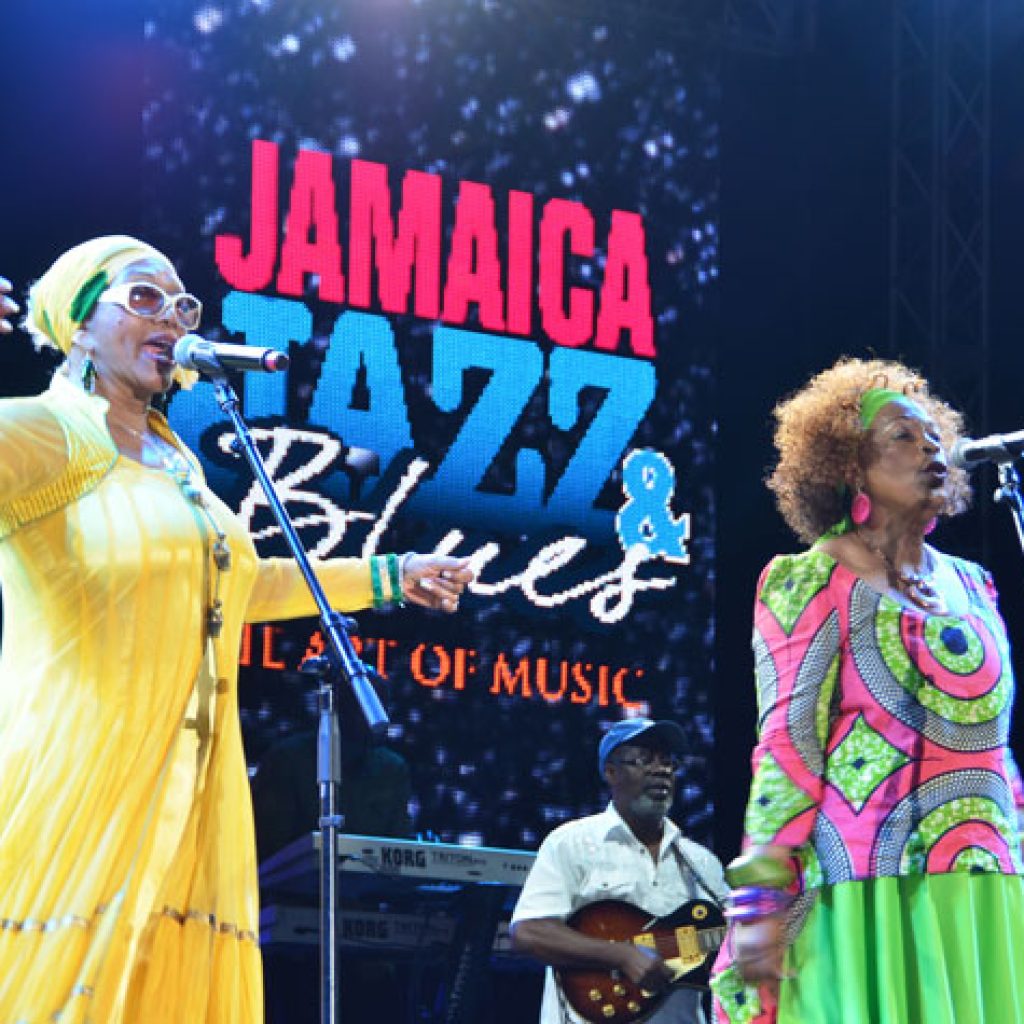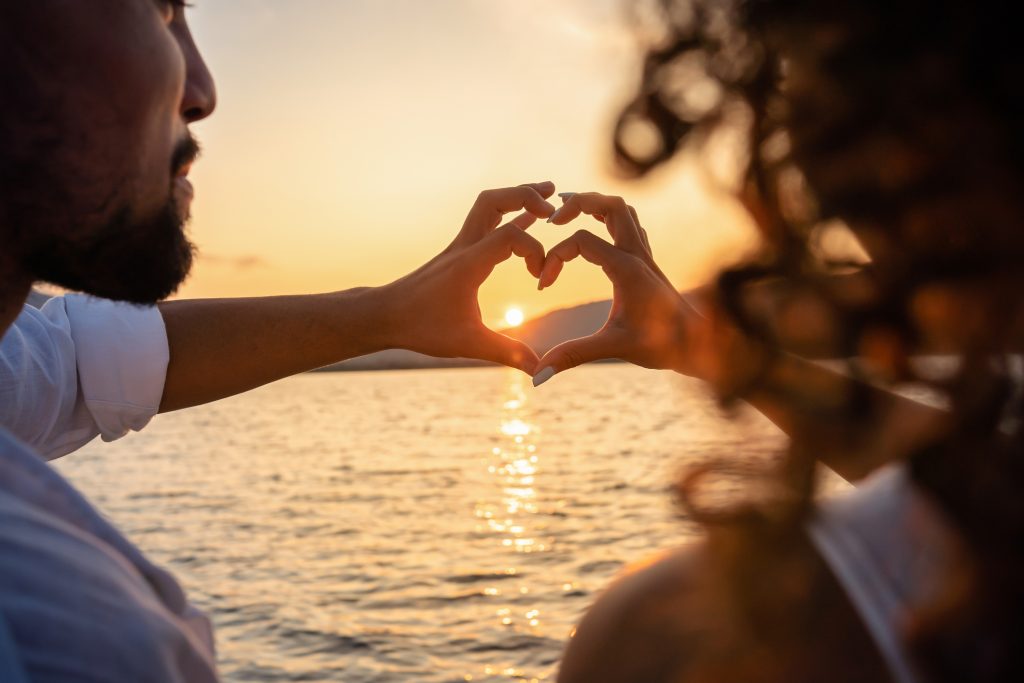Black history month originated from African American community in the United States. However, it has been adopted by many commonwealth countries across the world where Africans and people of African descent reside. The annual black history month festivities in February, take a different theme every year and differs based on the country and culture. In Jamaica, the observance of black history month coincides with the island’s celebration of Reggae month and so the combo seems perfect! But some Jamaicans have questioned the relevance of celebrating black history month when the island’s population is arguably not as polarized as North America. Others have pointed out that the month-long celebration may not be necessary since the island boasts a mixed population which includes Jamaicans of African, Indian, Chinese, and European descent.
So why primarily focus on black culture for an entire month? Here are five reasons.
1. Most Jamaicans are of African descent
The most obvious reason has already been stated. The Statistical Institute of Jamaica reported in 2014 that at least 76% of the island’s population comprise citizens of African descent. Therefore, it makes perfect sense why a largely afro-centric population would want to participate in an annual event that acknowledges their heritage.
2. The need to ground children in their history
In this same vein, Jamaican parents, regardless of ethnicity, owe their children an opportunity to learn about their island’s history.
3. History instills confidence
This history lesson will give children a firm understanding of self, and help them to understand and appreciate present day customs and traditions borne out of the struggles and resilience of black people.
4. The need to commemorate outstanding black Jamaicans
Black history month also acts as a reminder of the great achievements of African people and people of African descent across the world, including Afro-Caribbean nationals. Marcus Garvey, Jamaica’s first national hero, is considered one of the forefathers of the black consciousness movement in thewestern hemisphere. His philosophies and wise words have shaped the perspective and ideologies of multiple, present-day political and social leaders, not only in Jamaica but across the region.
5. Black people are still struggling
And finally, racial inequality is often a topic swept under the rugs of Caribbean nations, simply because the islands are considered melting pots of different ethnicities. However, black people still occupy the lower and underserved classes in Jamaiac and throughout the Caribbean. There is also enough incidence of racial inequality within the Caribbean and the western hemisphere to justify the need for consistent advocacy for the rights, freedom and upliftment of black people.
If we should conclude with what Marcus Garvey said, “A people without knowledge of their past history, origin and culture is like a tree without roots.” There are too many cases of Jamaicans being disadvantaged due to their afro-presenting physical features (4c hair type, melanated skin) for us not to celebrate blackness.
Do you celebrate black history month? Tell us in the comments section. While you’re at it! Subscribe to listsja.com so that you’re the first to be notified when we publish a fresh list on your favourite topics. Walk good!





